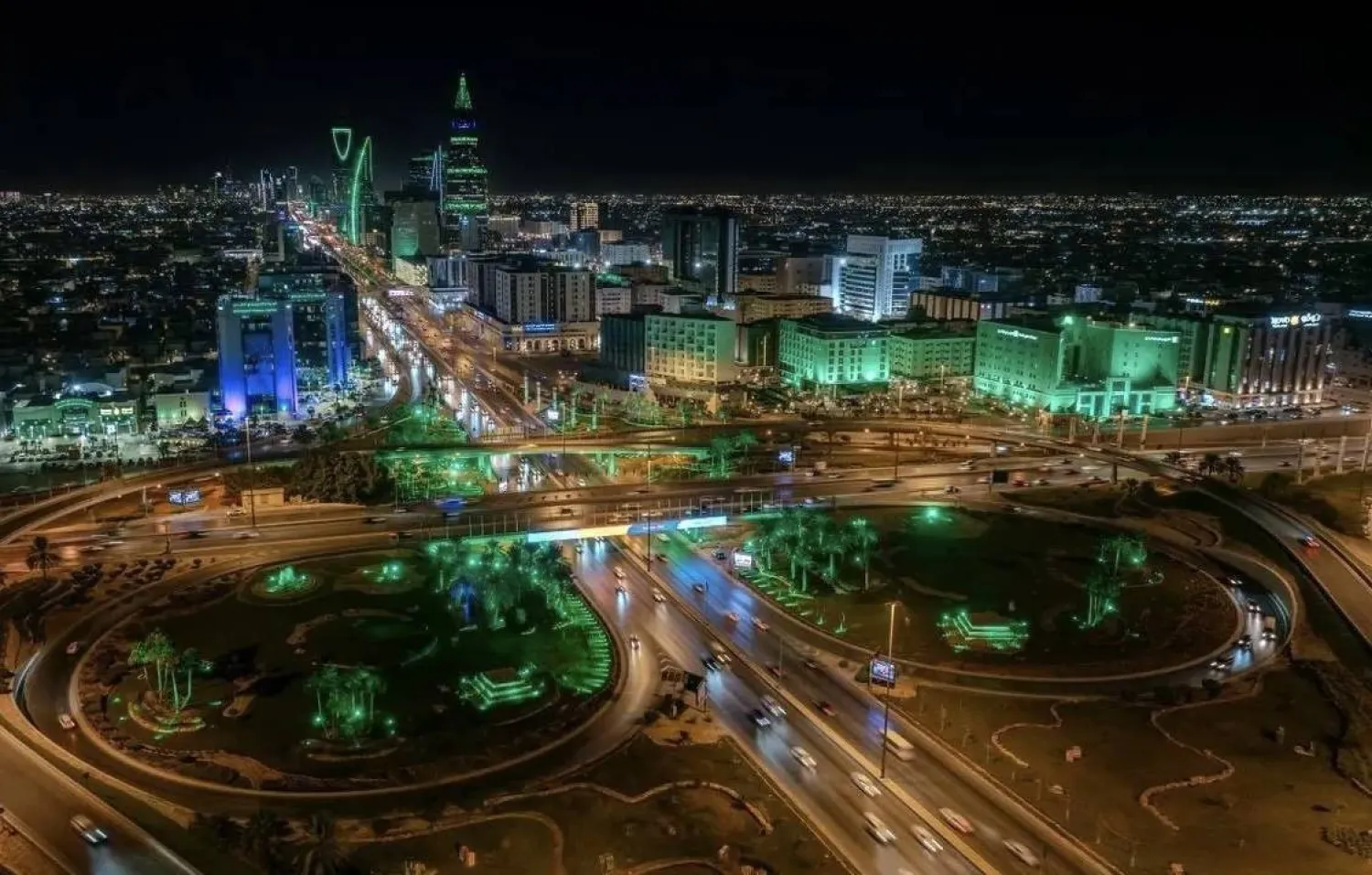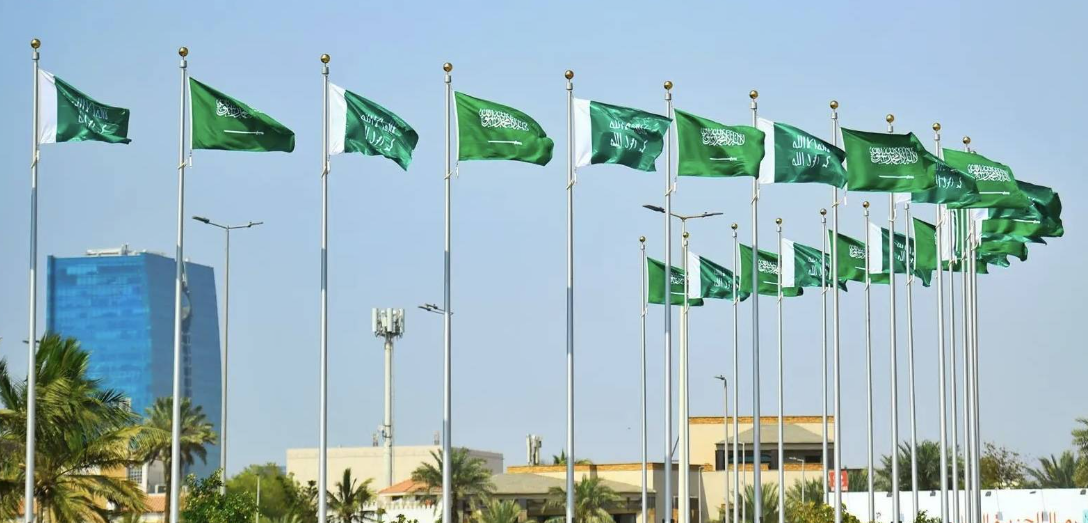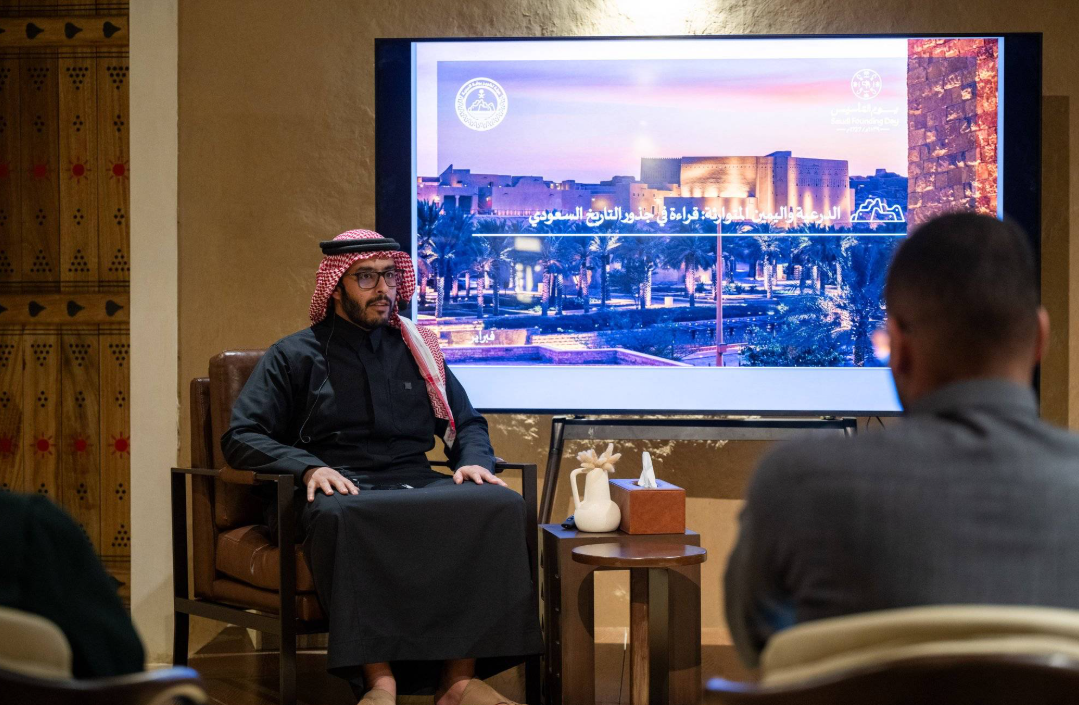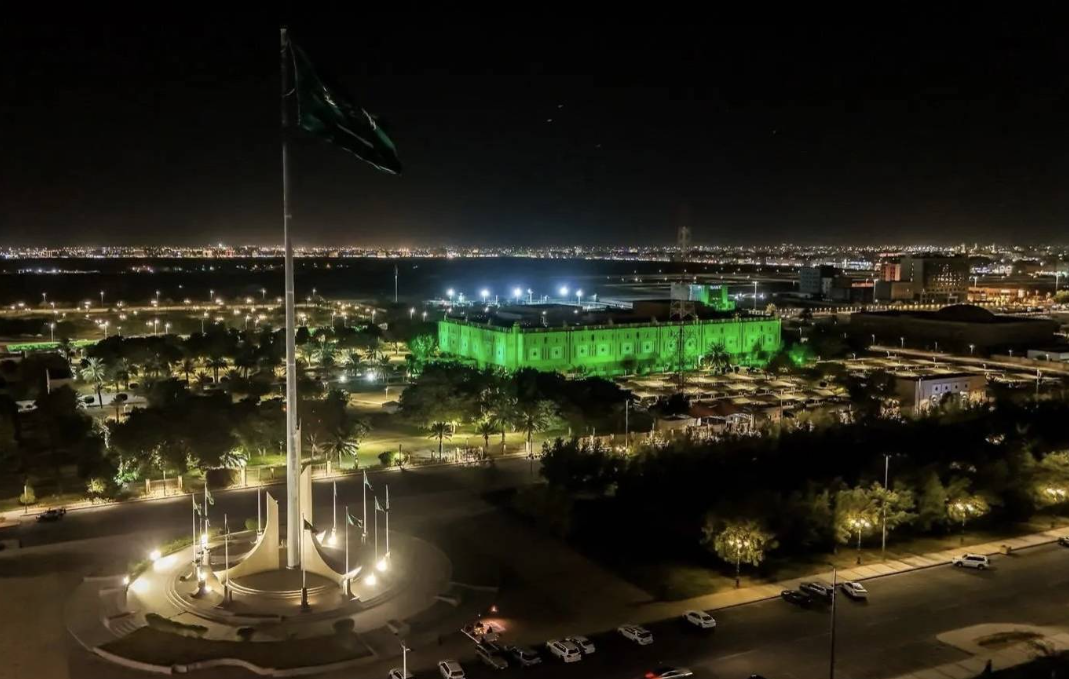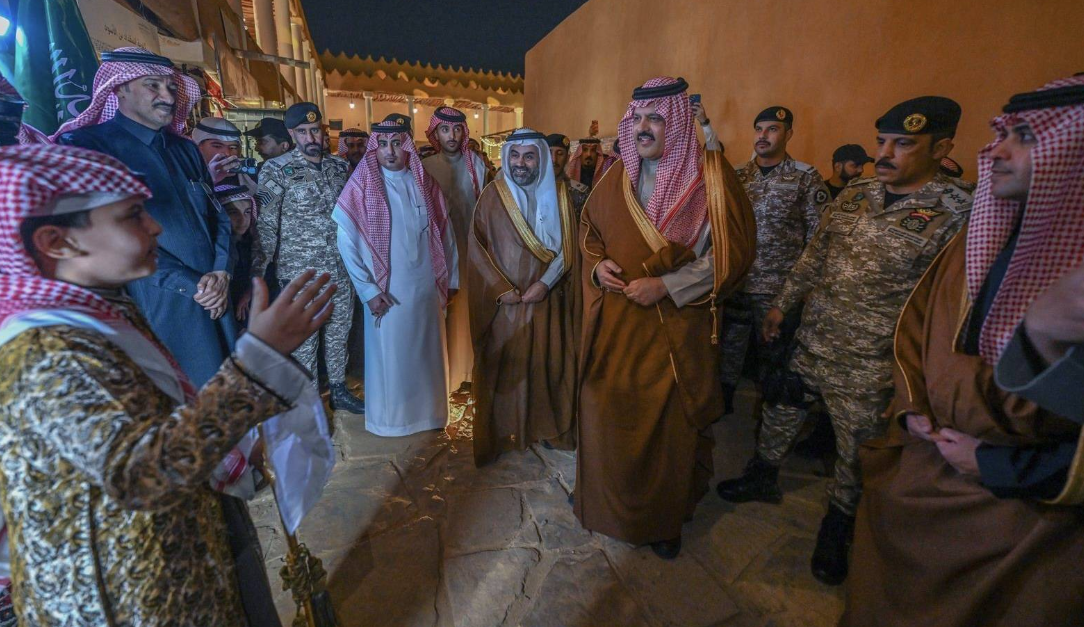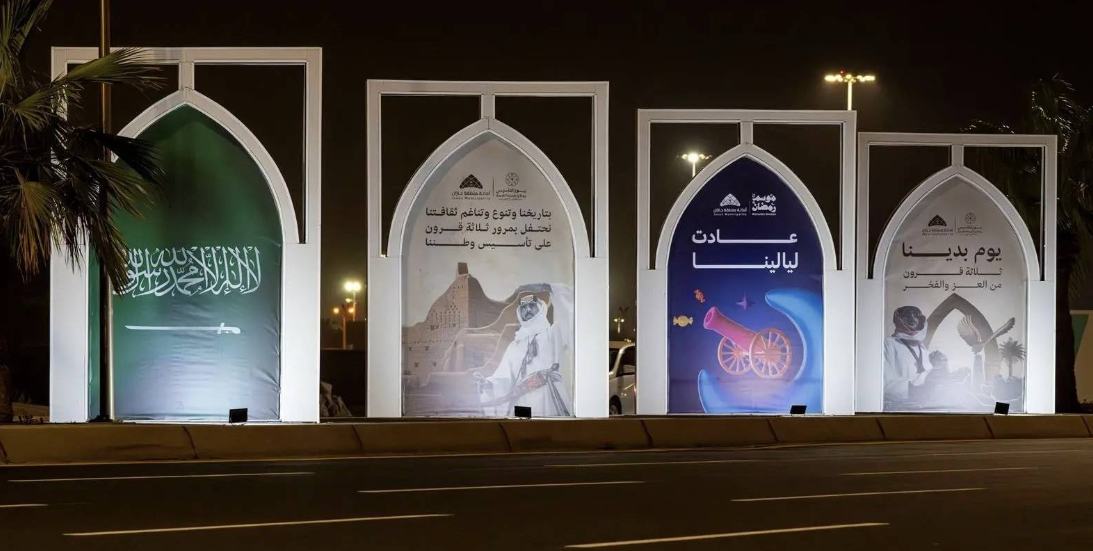Abdullah al-Khani, one of Syria’s top diplomats and witness to decades of revolts in the country, was laid to rest in a quiet ceremony in Damascus’ Bab el Saghir Cemetery. Khani lived through various upheaval at the presidential palace, from the time of Shukri al-Quwatli to Hafez al-Assad to his son, Bashar.
Khani passed away at 98 and was known as Quwatli’s “secret-keeper” and oversaw the transfer of power to him from Hashem al-Atassi in the mid-1950s.
Khani was born in 1922 and was a classmate to famed late poet Nizar Qabbani. He pursued his studies at the American University of Beirut before completing his education at Damascus University, where he earned a degree in law. He was later employed at Naim al-Antaki’s firm. Antaki would become one of the symbols of the national movement in Syria.
On April 17, 1946, Khani witnessed the evacuation of the last remaining French troops from Syria, marking the end of its mandate over the country. He attended a military ceremony for Syrian cavalry on the banks of Barada River and leaders of the “revolt”, who held aloft a large poster of late Defense Minister Yusuf al-Azma.
The next year, Khani started working for Quwatli at the recommendation of Damascus University President Sami al-Midani. Quwatli requested that Khani monitor the United Nations Security Council discussions on the division of Palestine due his proficiency in English, which he learned during his years at AUB.
In eulogizing Khani, historian Sami Moubayed wrote: “Quwatli liked him and wanted to keep him by his side. He could not find a vacancy for him at the presidential palace, so he asked him to wait a little. It was during this time that he forged a strong relationship with Quwatli, who came to heavily rely on Khani in managing the palace affairs, especially the press office.”
Khani would show up to work dressed in his white suit, to either climb up the steps of the Grand Serail or enter the Tishreen Palace to greet his mentor and friend, President Quwatli.
After Quwatli’s ouster in 1949, the presidential palace was ordered shut by leader of the revolt, Husni al-Za'im. Khani would come to work for President Adib al-Shishakli, who sent him to France to learn about the republican system under Charles de Gaulle. He also traveled to Britain to learn about its monarchy.
Khani rose up the ranks and became chief of protocols and then acting general secretary under President Hashem al-Atassi, who “trusted him very much due to his dedication to his work.”
Quwatli was reelected president in 1955 and Khani was in charge of managing the transition from Atassi. Khani took part in meetings between Quwatli and world leaders, including Jordan’s King Hussein, Egypt’s Gamal Abdel Nasser, India’s Jawaharlal Nehru and form UN Secretary General Dag Hammarskjöld. He also took part in negotiations on Syrian-Egyptian unity in 1958 and was there for the declaration of the United Arab Republic.
At the Foreign Ministry, Khani served in various diplomatic posts in Brussels, London and Paris, where he worked at UNESCO and met with several world leaders. Among them were India’s Prime Minister Indira Gandhi, De Gaulle and Yugoslavia’s President Josip Tito.
He joined the permanent Syrian delegation to the UN during the 1967 war and was appointed general secretary of the Foreign Ministry in 1969, according to his Wikipedia page. Khani became aide to the foreign minister when Hafez Assad came to power in 1971. He took part in meetings between Assad and US President Richard Nixon in Damascus in 1974 and Jimmy Carter in Geneva in 1977.
Assad would later order Khani to set up the Ministry of Tourism and he would later be named its first minister in the government of Prime Minister Mahmoud al-Ayyubi in 1972. He would remain in the post until 1976. His tenure would witness the eruption of the October War in 1973 and the opening of some of the most important western hotels in Damascus.
In 1980, Khani was elected a member of the International Court of Justice before joining the International Court of Arbitration of the International Chamber of Commerce in Paris in 1990. He was elected an independent member of the Court of Arbitration for Sport. He was a judge at the Olympic Games in Atlanta in 1996. In 1993, he was named a member of the Constitutional Court of Bosnia and Herzegovina. He was also member of the team tasked with drafting a constitution for Sarajevo.
Historian Moubayed wrote that during the past ten years, Khani would look up to the Damascus sky with deep sorrow and pain as the columns of dark smoke billowed around it, recalling that the Syrian war had “caused his mind and heart profound anguish.”







